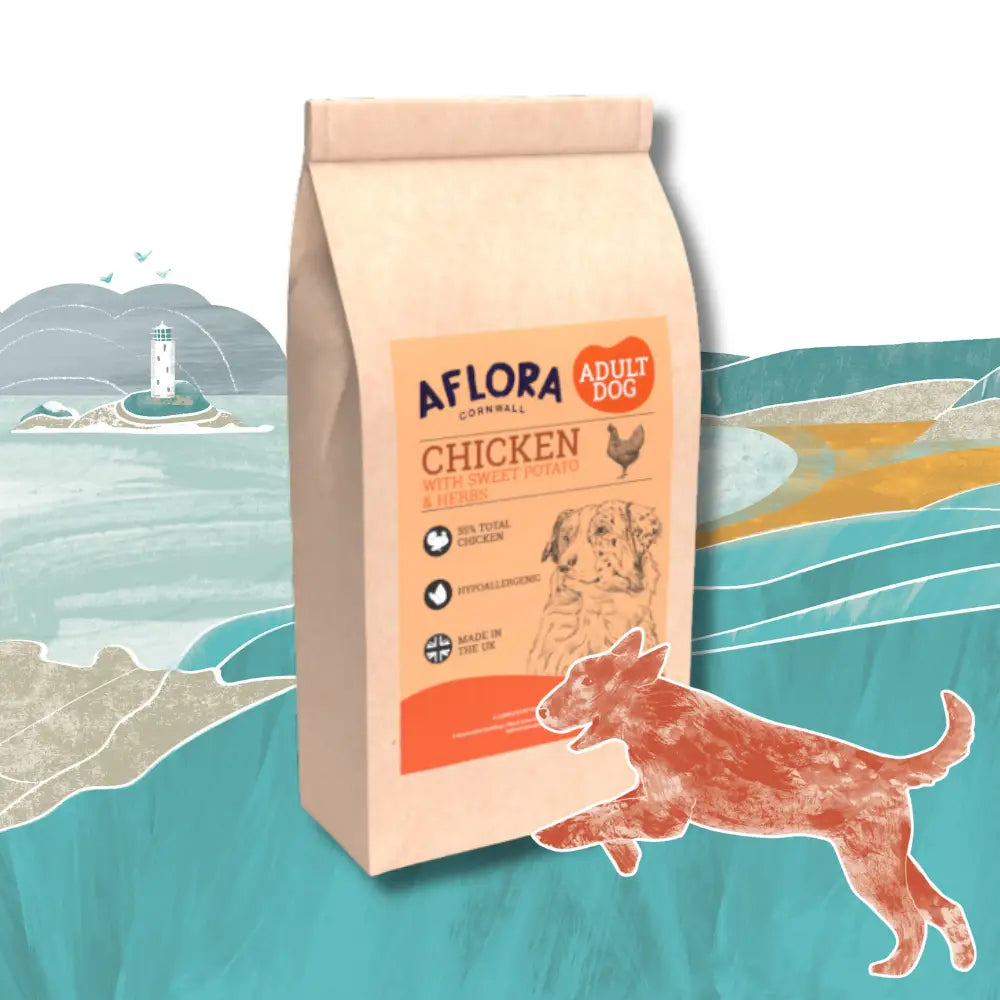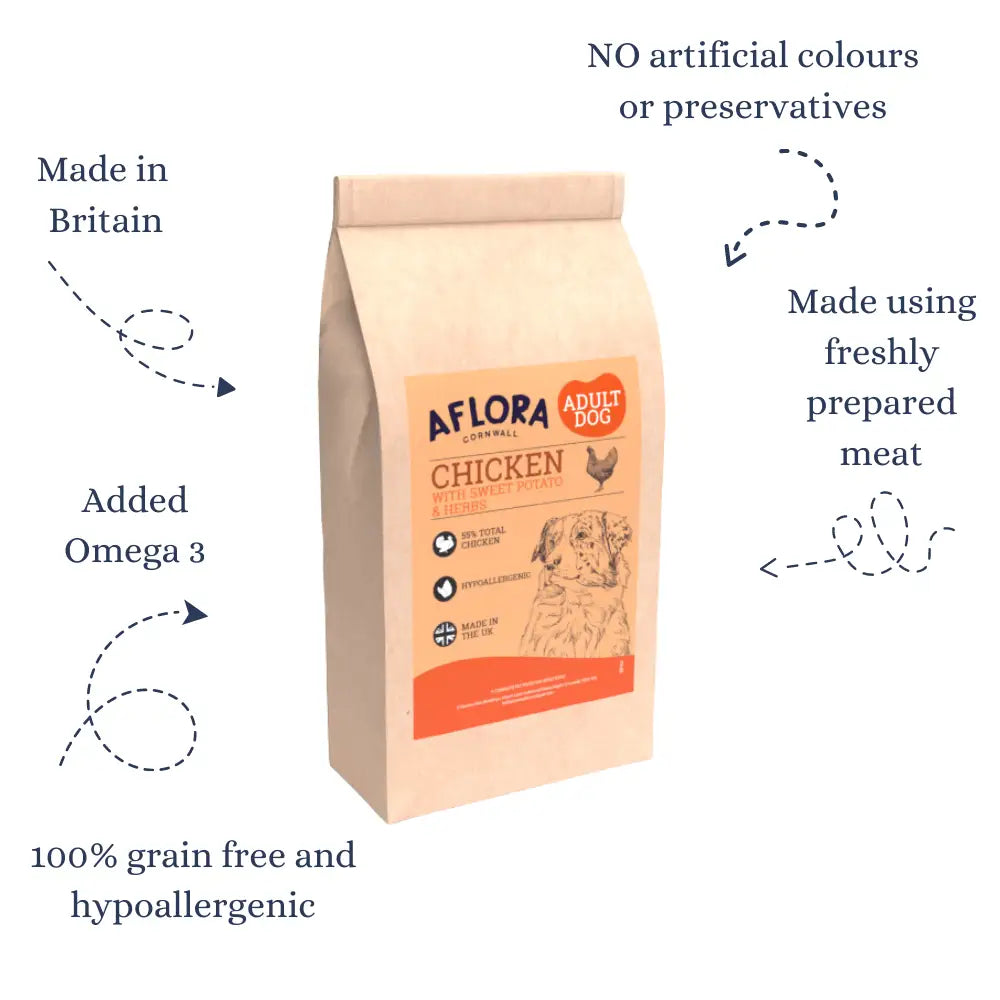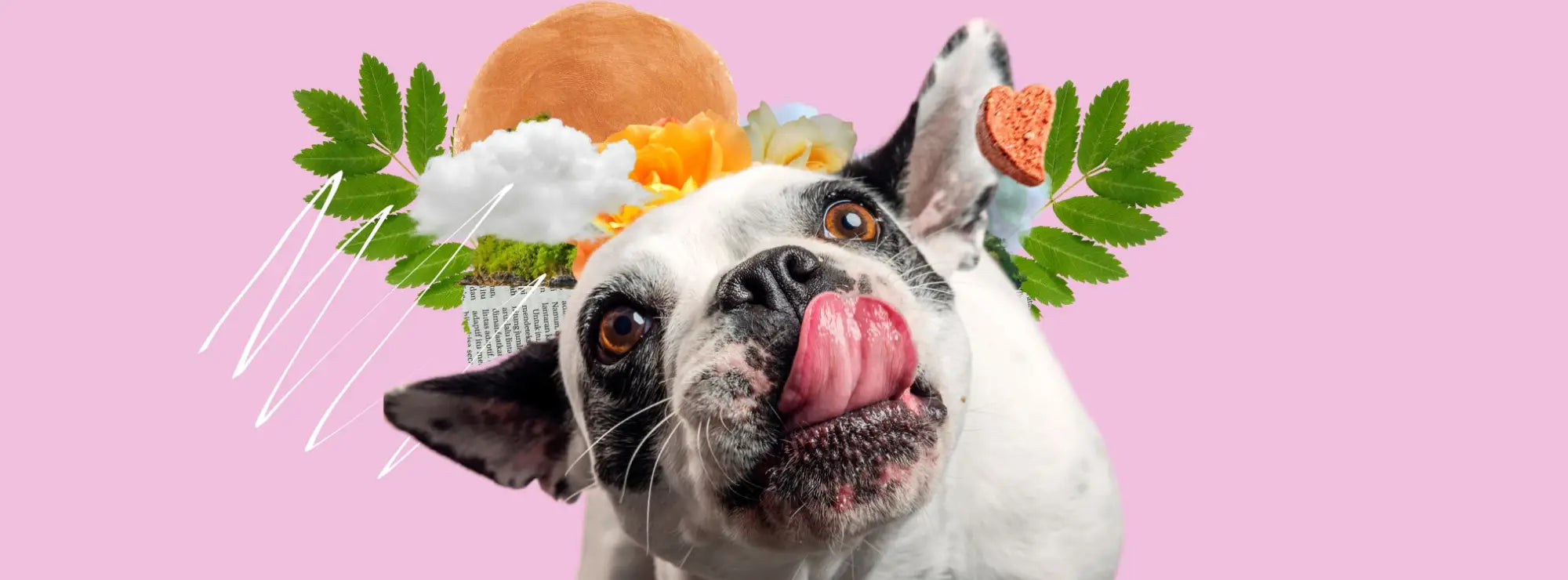As dog owners, we often find ourselves on the receiving end of a wet, slobbery lick from our furry friends. Whether it's a gentle lick on the hand or an enthusiastic face wash, dogs seem to love licking their owners. But have you ever wondered why your dog does this? In this blog, we will delve into the reasons behind this common canine behaviour, explore its various meanings, and offer tips on how to manage excessive licking if needed.
The Nature of Licking in Dogs
1. Instinctual Behaviour
Licking is an instinctual behaviour for dogs. From the moment they are born, puppies are licked by their mothers to clean them, stimulate their breathing, and bond. This behaviour continues into adulthood as a natural way for dogs to communicate and interact with their environment.
2. Social Interaction
Dogs are social animals, and licking is a form of communication. In the wild, licking can be a way for dogs to show submission to a more dominant member of the pack or to establish social bonds. When your dog licks you, they may be trying to strengthen your bond and show their affection.
Reasons Why Dogs Lick Their Owners
1. Affection and Bonding
One of the most common reasons dogs lick their owners is to show affection. Licking releases endorphins, which can make your dog feel calm and happy. It's their way of saying, "I love you." This behaviour helps to strengthen the bond between you and your dog, similar to how humans hug or kiss their loved ones.
2. Seeking Attention
Dogs quickly learn that licking can get them attention. If your dog licks you and you respond with petting, talking, or even scolding, they might continue the behaviour to get more attention. Dogs are highly social creatures, and they crave interaction with their owners.
3. Taste and Scent
Human skin has a slightly salty taste, which dogs might find appealing. Additionally, your skin carries various scents, including those from the food you've handled, sweat, and even your natural scent. Dogs have an incredibly keen sense of smell and taste, and they might lick you simply because they like the way you taste and smell.
4. Exploration and Curiosity
Dogs explore the world with their mouths. Licking is a way for them to gather information about their surroundings and you. They might lick you to learn more about where you've been, what you've touched, and even your mood. This behaviour stems from their natural curiosity and desire to understand their environment.
5. Comfort and Security
Licking can be a self-soothing behaviour for dogs. When they are stressed, anxious, or seeking comfort, licking can help them feel more secure. If your dog tends to lick you more during stressful situations, it might be their way of coping with anxiety and seeking reassurance.
6. Medical Reasons
In some cases, excessive licking can indicate an underlying medical issue. Dogs might lick their owners if they are experiencing pain, discomfort, or an itch that they cannot reach. If you notice a sudden increase in licking behaviour, it’s essential to consult your veterinarian to rule out any health concerns.
When Licking Becomes a Problem
While licking is generally harmless and often a sign of affection, excessive licking can become problematic. It can be annoying, lead to skin irritation, and in some cases, indicate underlying behavioural or medical issues. Here are some tips to manage and reduce excessive licking:
1. Positive Reinforcement Training
Use positive reinforcement to teach your dog an alternative behaviour. For example, when your dog starts licking, redirect their attention with a toy or command them to sit. Reward them with natural dog treats and praise when they follow the command. Consistency is key in reinforcing the desired behaviour.
2. Increase Physical and Mental Stimulation
Ensure your dog gets enough physical exercise and mental stimulation. A tired dog is less likely to engage in excessive licking out of boredom or anxiety. Regular walks, playtime, and interactive toys can help keep your dog engaged and reduce the likelihood of excessive licking.
3. Establish Boundaries
Set clear boundaries with your dog. If you don’t want your dog to lick your face or certain parts of your body, gently but firmly redirect them when they start licking. Consistently enforcing these boundaries will help your dog understand what is acceptable behaviour.
4. Address Anxiety and Stress
If your dog’s licking is related to anxiety or stress, work on identifying and addressing the underlying cause. Provide a safe and comfortable environment, and consider using calming aids such as anxiety wraps or pheromone diffusers. In severe cases, consult a professional dog trainer or behaviourist for guidance.
5. Check for Medical Issues
If you notice a sudden increase in licking behaviour, consult your veterinarian to rule out any medical issues. Your vet can conduct a thorough examination to ensure that there are no underlying health problems contributing to the behaviour.
Conclusion
Understanding why your dog licks you can help strengthen your bond and ensure their well-being. While licking is a natural behaviour that often signifies affection, it can also indicate other needs or issues. By observing your dog’s behaviour and providing appropriate care and training, you can manage excessive licking and foster a healthy, happy relationship with your furry friend.
Remember, every dog is unique, and their reasons for licking may vary. Pay attention to your dog’s individual needs and behaviours, and don’t hesitate to seek professional advice if you have concerns. At The Pets Larder, we’re here to support you in providing the best care for your beloved pet. Explore our range of products and resources to keep your dog happy, healthy, and well-loved.
Frequently Asked Questions (FAQs)
Q: Is it safe to let my dog lick my face?
A: While a dog's lick is generally safe, it's important to be cautious. Dogs' mouths contain bacteria that can potentially cause infections, especially if you have open wounds. If you enjoy face licks, ensure your dog is healthy and up-to-date on vaccinations.
Q: How can I tell if my dog’s licking is a sign of a medical issue?
A: If your dog suddenly starts licking excessively or focuses on a specific area of their body, it could indicate a medical issue. Look for other signs such as redness, swelling, or discomfort. Consult your veterinarian for a thorough check-up.
Q: Can licking be a sign of separation anxiety?
A: Yes, excessive licking can be a symptom of separation anxiety. Dogs may lick themselves or their owners as a coping mechanism. If you suspect separation anxiety, consider working with a professional trainer to address the behaviour.
Q: Are there any health benefits to dog licking?
A: Licking can have some minor health benefits, such as cleaning wounds (though not recommended due to bacteria) and providing comfort. However, the primary benefit is the bond it fosters between you and your dog.
Q: What if my dog licks furniture and objects?
A: Licking furniture and objects can indicate boredom, anxiety, or a compulsive behaviour. Ensure your dog gets enough exercise and mental stimulation, and consult a veterinarian or behaviourist if the behaviour persists.
Additional Resources
For more information on dog behavior and health, check out these resources from The Pets Larder:
Explore our website for a wide range of products and tips to ensure your dog's happiness and health. At The Pets Larder, we are committed to helping you provide the best care for your beloved pets.
By understanding the reasons behind your dog's licking behaviour, you can ensure a stronger bond and a healthier, happier pet. Whether it's a sign of affection, a plea for attention, or a way to explore their world, your dog's licking is a window into their world. Embrace it, understand it, and respond to it with the care and attention your furry friend deserves.
























